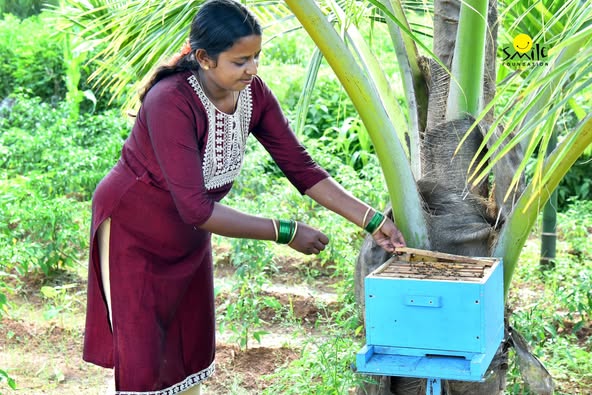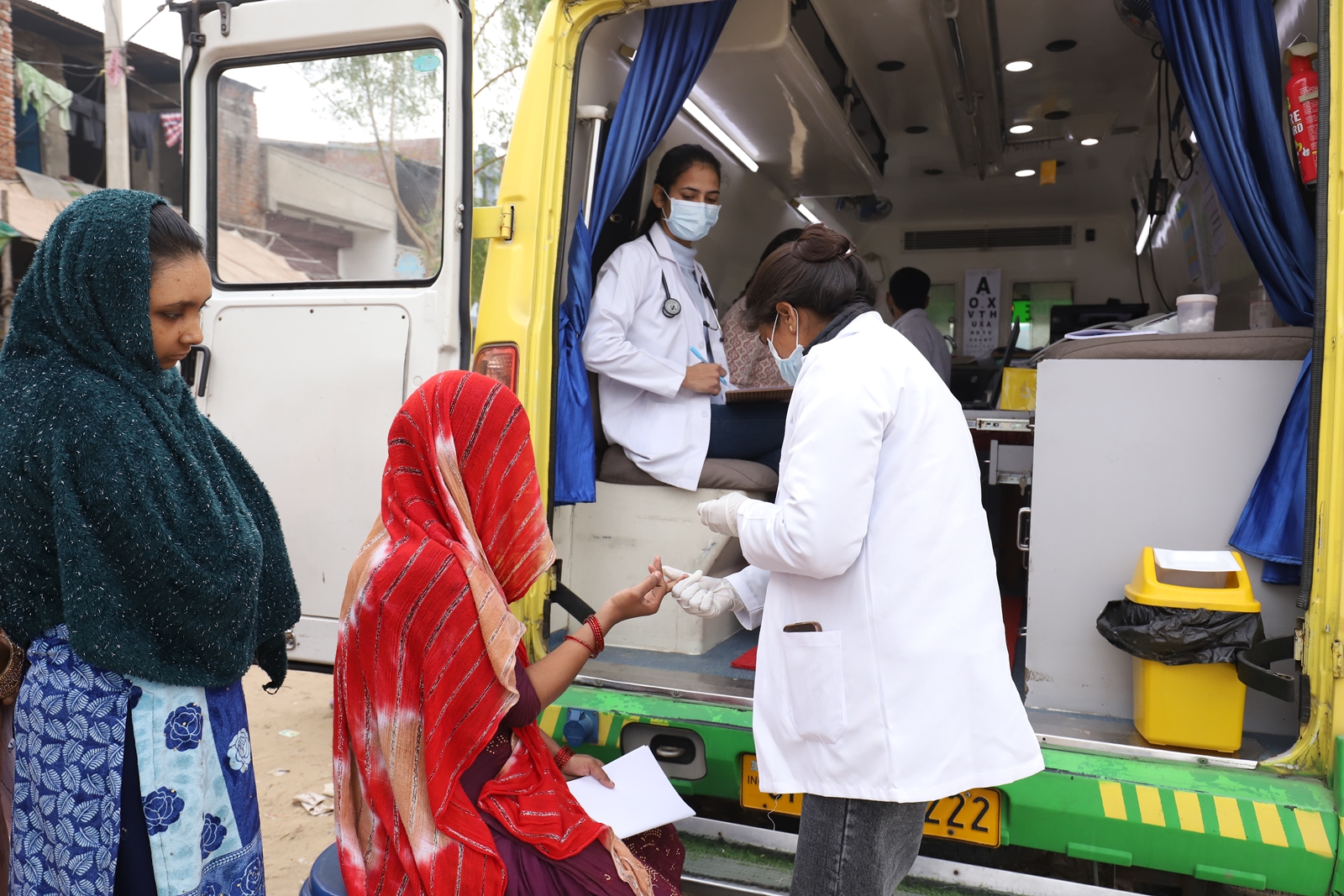School books in India have for long shared the inspiring story of Kalpana Chawla – the first Indian origin woman to have joined a NASA space mission. In the current scenario, Sunita Williams has again ignited the same spark of inspiration for young Indian girls who may not have a lot of names to look up to when it comes to women in science. Both Sunita Williams and Kalpana Chawla have left an indelible mark and have paved the way for women in science. However, their stories also highlight a significant gap – the need for more women in science. We need more examples like Williams and Chawla to inspire future generations and bring inclusivity to the field of science and technology.
The Need for Inclusivity in Science
The underrepresentation of women in science is not just about gender equality. Rather, it is more about innovation and growth. This is because the field of science has largely been dominated by men in the past, which means women can offer new perspectives to solving problems and may play a crucial role in some new breakthrough discoveries. As per a report by UNESCO, women constitute only 30 per cent of total researchers in the world. Particularly, this gap is wider in fields like science and engineering.
Therefore, encouraging more women to enter the science field can help with filling this gender gap. Women scientists have made significant contributions in various fields, including medicine, environmental science and space exploration. At the same time, we need to nurture a culture where the works of women scientists are highlighted equally so that it can inspire the new generation of girls to take up science.
Addressing Gender Bias in Science Research
It is often believed that scientific research is bereft of any social biases. However, this is not entirely true. Since the research in science has majorly been done by men in the past, it means the research priorities and outcomes have been more male-oriented. For example, it has been observed that research related to women’s issues is neglected which leads to a lack of understanding. By increasing the representation of women in science, we can ensure that research is more inclusive and addresses the needs of both men and women.
The women scientists can shift our focus towards the issues which have been ignored in the past and initiate more lucrative research in the fields of women’s health, gender-specific diseases, reproductive issues, etc. Additionally, they can also foster an environment where more gender-sensitive methodologies are used in order to gather more comprehensive data which is reflective of the entire population.
Overall Need for Gender Equality through STEM Education
Now, it cannot be emphasised enough that gender inclusivity is not just needed in science but in all walks of life. When women are included in different societal decision-making processes, they offer unique perspectives and solutions to some of the problems that have been dealt with in the traditional way for far too long. Obviously, the impact is similar in the field of science.
For instance, in the field of environmental science, women scientists have played a key role in advocating for sustainable development and climate action. Their research has highlighted the disproportionate impact of climate change on women and marginalised communities, leading to more inclusive and effective policies.
Further, in the technology space, with the entry of female entrepreneurs and researchers, we are seeing development of platforms that address the specific issues related to women like safety tools, health apps, etc.
Initiatives and Possible Solutions
Over the decades since Independence, India has made significant progress in creating a more inclusive society. Similarly, more women are part of the science field in India today as compared to the past. However, there is still a long way to go. Several initiatives have been launched to encourage and push women into choosing science careers.
For example, the Department of Science and Technology (DST) has introduced various programs to support women scientists, including the Women Scientist Scheme (WOS) and the KIRAN (Knowledge Involvement in Research Advancement through Nurturing) programme. The WOS programme provides opportunities to women to undertake research in different areas related to science and engineering.
Similarly, the KIRAN programme focuses on addressing gender disparities in science and technology through various initiatives, including training, mentoring and funding support for women scientists. Apart from the government initiatives, many private entities and non-government organisations are also working actively in this area.
By implementing more such initiatives and seeking collaboration from NGOs, the government and CSRs can create a stronger impact on the ground. Furthermore, collaboration between different countries can also create a healthy atmosphere of learning exchange. The recent India-UK Women in Space Leadership Programme is an excellent example of this. The programme aims to boost inclusivity in the field of space science by providing training and mentorship to women scientists and engineers from both countries.
Importance of Role Models and Mentorship
If we ask an average student in India about how they chose the subject they wanted to study, they will either speak about a known adult in their local area or someone in the family who had pursued the same. Having role models who you can look up to plays a big role in deciding the career trajectory. At the same time, learning how one can pursue a particular career also depends on the guidance one receives from a mentor. This is the reason why both role models and mentors are extremely important at an early stage.
In today’s world, kids have access to technology and the internet, and they can learn about inspiring figures from there. However, it may still look like a pipe dream for them if they do not have anyone to personally guide them. Therefore, creating robust mentorship programmes at schools and colleges is of utmost importance to encourage young women to join science. The decision may come with a lot of trepidation and confusion, and they may require hand holding at the start. Thus, organisations and institutions should prioritise mentorship programmes and create platforms where women can connect with experienced professionals and receive the support they need to succeed.
Smile’s STEM initiative
The underrepresentation of women in science is a significant challenge that needs to be addressed to promote innovation, inclusivity and social progress. By increasing the representation of women in science, we can ensure that scientific research addresses the needs of diverse populations and leads to more equitable and sustainable solutions.
Smile Foundation’s STEM education initiative is designed to inspire and empower school children including young girls across India to pursue careers in science, technology, engineering and mathematics (STEM). Recognising the gender gap in these fields, the foundation emphasises the importance of early exposure to STEM subjects and the creation of equal opportunities for girls to excel. Through workshops, mentorship programmes and collaborations with schools, the initiative aims to break societal stereotypes and encourage girls to explore their potential in scientific disciplines.
This initiative is crucial in a country where women have historically been underrepresented in STEM fields, despite the notable contributions of Indian women like Kalpana Chawla and Sunita Williams to global science. Smile Foundation’s STEM programme not only highlights these role models but also works toward building a future where more women can take up leadership roles in science and technology. By offering resources, mentorship and inspiration, the STEM initiative seeks to create a more inclusive environment for girls, ultimately contributing to the advancement of innovation and progress in society.









